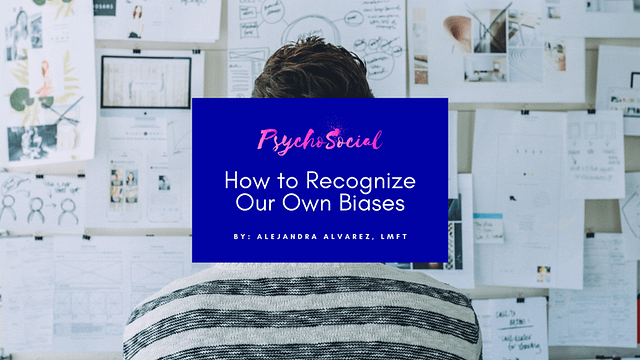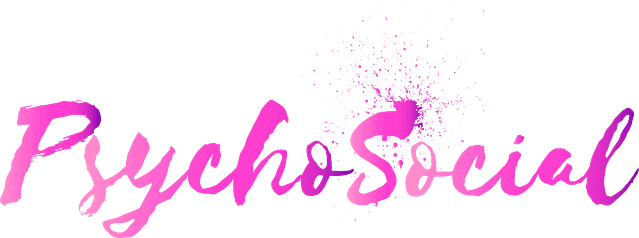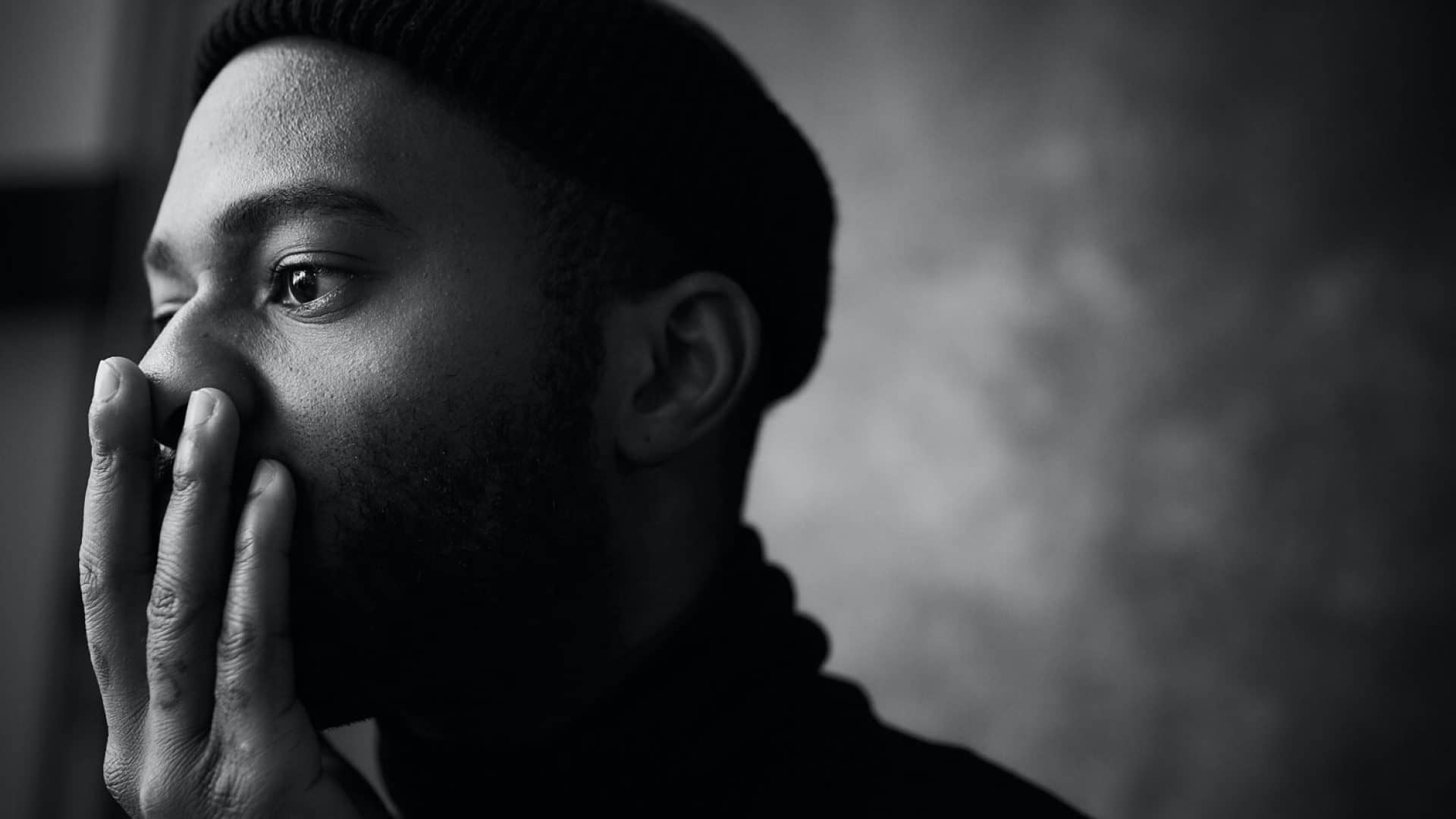
What are Biases? How Do We Acquire Them?
Biases are preconceived notions and or inclinations against a particular subject. These notions create preconceptions about ideas, groups of people, behaviors, etc that can either be positive or negative. For example, a person who is allergic to peanuts is biased against any food item that may contain peanuts. Biases are usually learned and acquired through life experiences. Biases can also be learned at home and passed on through generations.

Can Biases Be Good?
For the most part, biases cause us to internalize stereotypical thoughts about a group of people or an individual based on very little information such as race, education, socioeconomic status, or even gender. These thoughts are almost always based on ignorance, prejudice, and fear. Some biases are created out of trauma. Think about children who have been abused; if we think of biases just as preconceived notions, a child who has been abused by an authority figure will internalize a fear of other authority figures. Out of protection for their safety, they will create a bias to keep them safe. For example, this individual may be biased towards police officers or school administration.
How Does Having a Bias Hurt Others?
Well, if you have an inherent belief that a person/group of people are somehow less based on their race, education, socioeconomic status, or even gender; that could cause you to make everyday decisions that continue to marginalize these folx. Not hiring a person from a middle eastern background, holding on to your purse in an elevator when a person of color (POC) enters, not hiring women who have kids or are of childbearing age, assuming all white people are racist, assuming a Hispanic/Latinx person doesn’t speak English, I could go on and on.
“I don’t have any biases; I accept everyone and everything!” or “I don’t see color”
These are phrases I hear frequently. As mental health providers, we are taught to be a “blank slate.” This means we bring none of our biases or beliefs into the room. So many clinicians like to believe that they are 100% impartial. While I hope most people keep their biases in check when interacting with others, the reality is we all have biases towards certain things and people. Are you pro-life? Pro-choice? Pro LGBTQ+? Vegan? Pescatarian? Disney buff? Pro-vaccines? Pro-homeschooling? If you said yes or no to any of the previous choices that means you have an inherent bias against people who do not belong to these categories.
Now I am not saying people who are biased are evil or prejudicial. The key to bias is to be aware of it and to keep it in check.
Let me give you a real-life example. As a person, I am very much liberal; non-religious, pro-choice, feminist, an ally of LGBTQ+, and supporting those populations who have been marginalized. Of course, as a therapist, I feel the same way. However, if a client came into my office and they needed to talk about how they feel abortion is wrong and God has created every life for a purpose and as humans, we should not be allowed to end that life; I have to keep my own bias of being pro-choice at the door and be present for that client in that moment of turmoil.
I Have a Bias! Am I Going to Be Cancelled? How do I Fix It? HELP?
Don’t panic. EVERYONE has biases. We all come from various backgrounds and have lived very different lives; this is going to cause us to have created biases based on those limited or extended experiences. The key to biases is to understand them, process them, and talk to others about them. The beauty of living in such a culturally rich society is that we can interact with people from different backgrounds and cultures who can help educate us and reduce negative biases.
I also think that having a thought (i.e a bias) is different than acting on it. Again, I am referring to my own life and personal experience; as an omnivore (person who eats meat and plants) I am not going to harass or argue with people who chose a vegan, vegetarian, or any other eating lifestyle. Am I biased to the fact that a good steak is a wonderful thing and could never be replaced by cauliflower? YES! But am I going to go and picket a vegan restaurant? No; am I going to refuse to be friends with people who are vegetarian? No; am I going to think that people who chose to eat only fish are somehow less than me? Absolutely not.
The bottom line is we are all flawed. Even in this day and age of being “woke” people have biases; it is part of the human experience. The key is to be open both of mind and heart to understand why your biases are negative, how they impact others, and how you can better educate yourself to reduce the impact of your biases on society at large.
Alejandra is a Registered Licensed Marriage and Family Therapist and Professional Clinical Counselor. She graduated from Brandman University with a Masters in Psychology; she also holds a Bachelor's in Psychology and Criminal Justice from California State University, San Bernardino. Currently, she works for a non-profit organization that provides mental health services to schools in southern California.
In addition, she also works for a private practice where she specializes in working with children, youth, and families suffering from a variety of issues such as academic performance, learning disabilities, depression, anxiety, bipolar, ADHD, Autism Spectrum Disorder, and grief.
-
Alejandra Alvarez, LMFThttps://psychosocial.media/author/aalvarez/August 18, 2020
-
Alejandra Alvarez, LMFThttps://psychosocial.media/author/aalvarez/January 16, 2021
-
Alejandra Alvarez, LMFThttps://psychosocial.media/author/aalvarez/February 9, 2021
-
Alejandra Alvarez, LMFThttps://psychosocial.media/author/aalvarez/July 21, 2021























